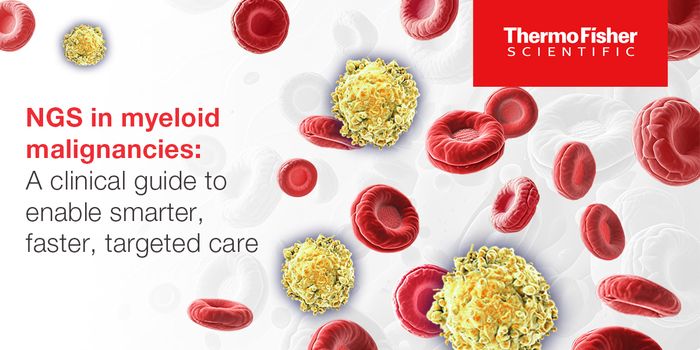Pre-Clinical Study Shows Benefits to Targeting the Lymph Node for Cancer Treatment
Immune checkpoint inhibitors (ICIs) have improved the landscape of cancer research over the past decade. These therapies, which target a patient’s own immune system aiming to make it stronger and more equipped to fight cancer, have provided novel and beneficial therapeutic options for patients with advanced and metastatic disease.
While ICIs can induce long-term responses and cures in patients with limited therapeutic options, they present significant challenges. First, different patients exhibit different levels of responsiveness to ICIs. So, when one patient achieves a cure, another with a similar type of cancer may remain non-responsive. While we don’t fully understand the reasons behind the disparate responsiveness of ICIs, this remains an active area of research globally. Second, ICI use can elicit toxicities known as immune-related adverse events (irAEs). In some patients irAEs can be managed and thus tolerable, especially given the anti-cancer effects. However, some patients experience severe irAEs that can significantly hinder the quality of life of cancer survivors. In some cases, serious and life-threatening irAEs can even require treatment discontinuation.
A pre-clinical study recently published in the Journal of Clinical and Experimental Cancer Research explores a potential regimen that may help confront both of these challenges. The researchers hypothesized that ICIs, if targeted directly to the lymph node (LN), could both enhance the anti-tumor response and reduce the associated irAEs.
The researchers utilized mouse osteosarcoma cells (LM8) which metastasize to the LN. The mice used in the study have a genetic mutation resulting in lymphadenopathy, a condition characterized by enlarged LNs allowing manipulation and visualization of tumors throughout the lymphatic network.
The study tested the efficacy of an ICI called anti-CTLA-4 which blocks regulatory mechanisms that prevent immune cells from killing cancer cells. The researchers tested three different CTLA-4 blockade delivery methods, including ultrasound-guided lymphatic drug delivery to the tumor-bearing LN (tbLN) and the non-tumor-bearing LB (ntbLN) and intraperitoneal (ip) injection into the abdominal cavity. The study revealed that delivering anti-CTLA-4 to the tbLN elicited the most robust response, including more mice achieving complete responses and prolonged overall survival. In addition, tbLN delivery of CTLA-4 blockade prevented metastatic spread to the liver and lungs.
Further analysis revealed the enrichment of CD8+ cytotoxic T cells, essential players in the anti-tumor immune response, in the area surrounding the tumors of mice treated with anti-CTLA-4 targeting the tbLN. The presence of CD8 T cells serves as both a prognostic indicator and a predictive biomarker for anti-CTLA-4 response in various cancer types. Additionally, accumulation of the cytokine IFNγ, an essential regulator of the anti-tumor immune response, increased in mice receiving CTLA-4 blockade to the tbLN.
When investigating the onset of irAEs in mice treated with anti-CTLA-4, those receiving ip anti-CTLA-4 exhibited the most severe effects including interstitial pneumonia, a side effect associated with high morbidity and mortality.
The authors conclude that tbLN-directed CTLA4 blockade in mouse models both increased treatment efficacy, as evidenced by reduced metastasis and prolonged survival, and decreased severity of irAEs. This study provides a rationale for further study of these approaches, which could lead to possible implementation into clinical studies.
Sources: Nature Comm, J Clin Exp Clinc Cancer Res, J Hematol Oncol, J Immunoth Cancer, Int J Molec Sci, Allergy, JAMA Oncol









